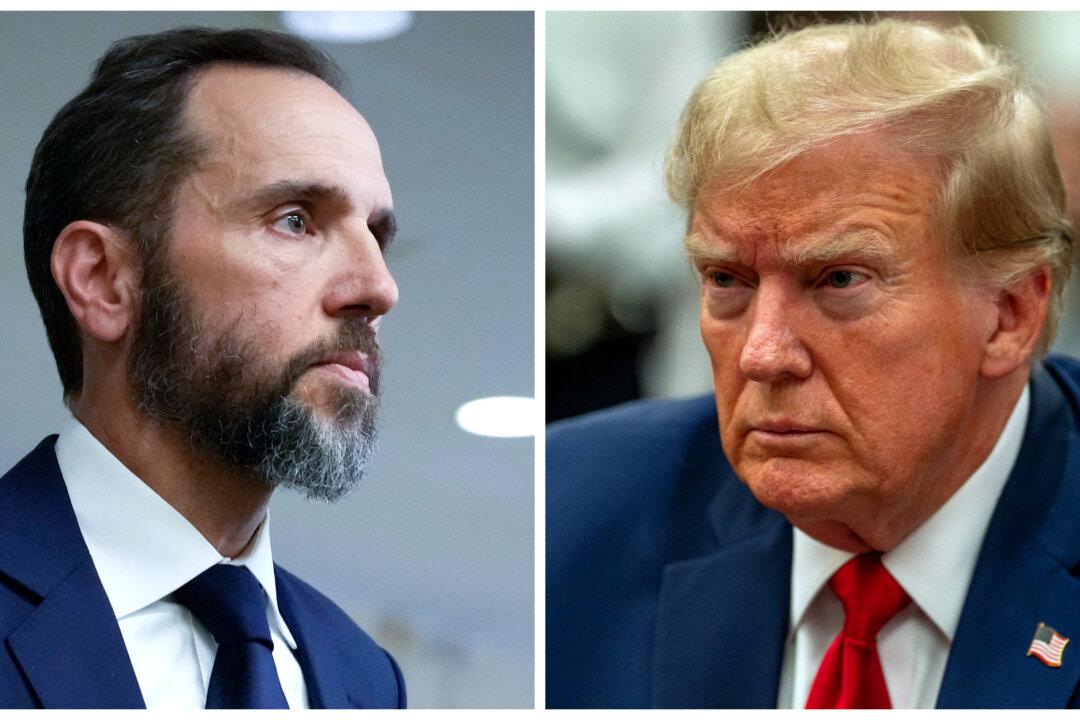A federal appeals court on Wednesday agreed to special prosecutor Jack Smith’s request to expedite former President Donald Trump’s appeal to dismiss his Washington, D.C., election case based on presidential immunity.
The U.S. Court of Appeals for the District of Columbia issued an order outlining a streamlined briefing schedule and calling for oral arguments, with the date to be set later.





